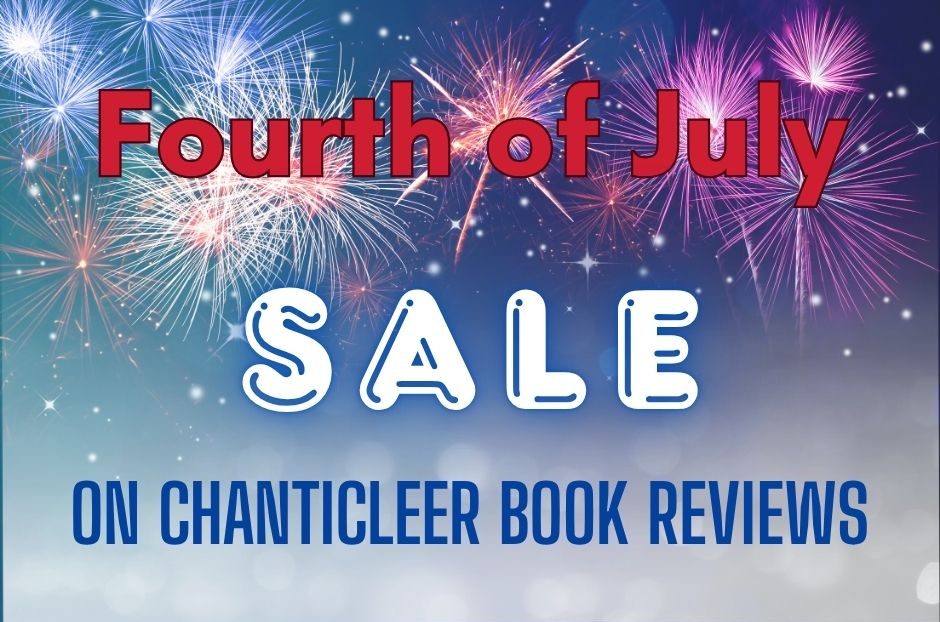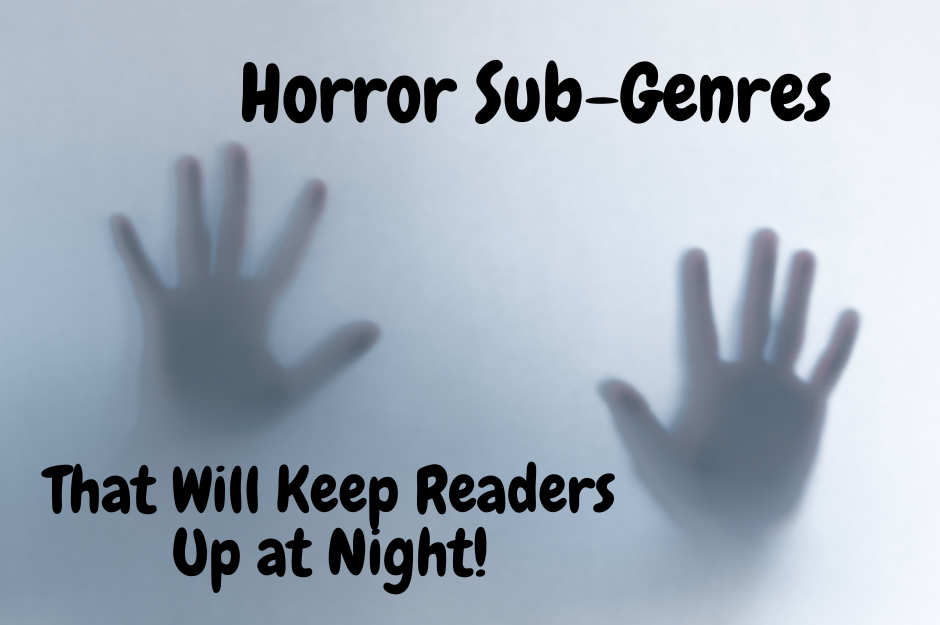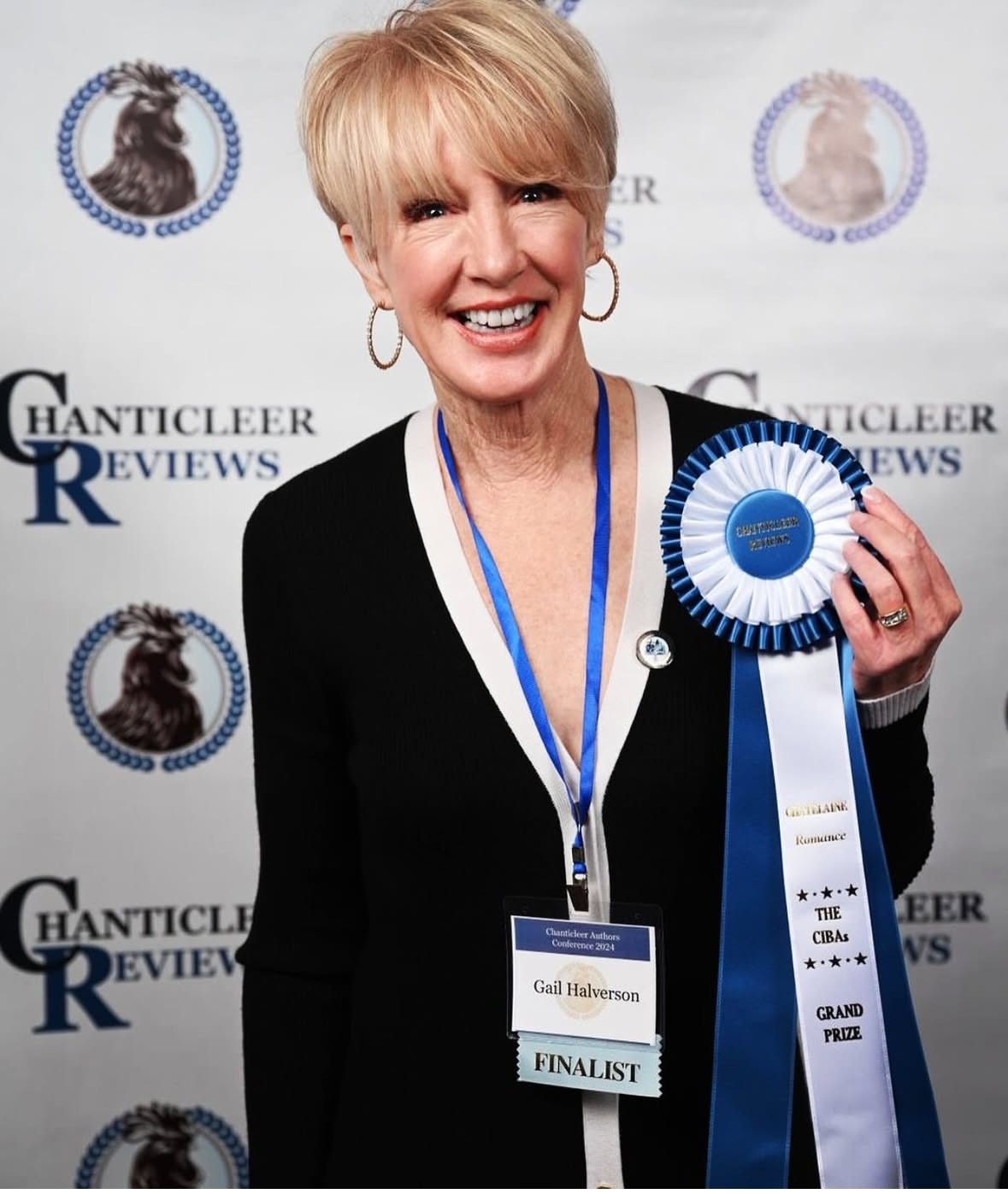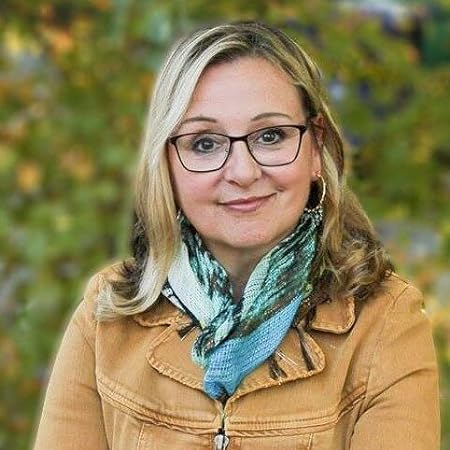|
Listen to or download this article:
|


From the 2023 Dante Rossetti Division Grand Prize Winner for Young Adult Fiction for her book Sour Flower, we have a brand new Chanticleer Author Interview!
Maryanne Melloan Woods won the Grand Prize in the Dante Rossetti Division of the 2023 Chanticleer International Book Awards for his novel, Sour Flower. The Dante Rossetti Book Award recognizes emerging new talent and outstanding works in the Young Adult fiction genre. The Dante Rossetti Book Awards is a division of the Chanticleer International Book Awards (The CIBAs).
The Young Adult division includes:
- Contemporary Young Adult
- SFF & Paranormal
- Dystopian/Edgy/Urban
- Mystery/Thriller/Suspense
- Historical Young Adult
- YA Adventure/Romance
Join us in getting to know the incredible writing of the Dante Rossetti’s newest Grand Prize Winner: Maryanne Melloan Woods!

Chanti: Thank you so much for taking the time to do this interview with us. To start, tell us a little bit about yourself and how you started writing.
Woods: I come from a family of writers: my parents and brother were all journalists, and my sister writes songs and poetry. So, when I was little I just thought that was what people did! But I can remember at age eight making a firm decision that I wanted to be either a writer or an actor. When I became a playwright (and later a TV writer), I developed a way to do both; I act out the parts in my head when I write scripts, and now novels.
A bit more on my writer’s journey: I remember when I was a teenager seeing a TV show where they interviewed TV comedy writers who worked in a “writers room” and I thought: that’s what I want to do.
But how does a Jersey girl make that jump? I was lucky enough to go to a high school that had a playwriting class, and then got to be part of a wonderful playwriting program at Drew University. After that I got involved in New York theater, and then took a deep breath and made the jump to L.A, where I was lucky enough to land a great agent. I wrote my “spec scripts” (which are scripts you write for existing TV shows that you use as writing samples) and my agent sent me around on meetings.

Partners is an American sitcom starring Kelsey Grammer and Martin Lawrence.
Just driving on to movie lots for the meetings blew my mind! And then when I finally landed my first sitcom-writing job – which was “Partners” with Jon Cryer – and met the other writers, I had the feeling that I had stumbled into some magical land where everyone spoke the same secret language I knew, and cared about the same things I did, like creating vivid characters, how to craft a joke etc.
I learned so much about the craft of comedy and writing in general from that job and the ones that followed. But after several years in Hollywood, I felt a strong pull back to the New York area (where I promptly met my husband and just stayed.) I knew I wanted to work in theater again, but I was also interested in the possibilities of YA fiction, which was really heating up at the time.
My first novel, Lazarus, originally started its life as a TV pilot that didn’t get picked up. But I just couldn’t let go of the story. So, I dug deep, read all the recommended YA fiction I could, and settled on two that I really studied, because I thought they were so good. The Hunger Games, by Suzanne Collins (maybe you’ve heard of it) and The Fault in Our Stars by John Green. Those books were my training for learning a new form and ultimately writing Lazarus.

As I became a novelist I found I could use the storytelling skills I’d learned as a scriptwriter. Writing a first person narrative is a bit like writing a very long (and well-structured) monologue. I’m working from inside the characters’ minds again.
In my new novel Sour Flower, I found I could use the comedy writing chops I learned as a sitcom writer. There’s a lot of humor in the book, as well conflict and trauma.

Chanti: What an incredible start! That’s so wonderful that you were able to connect with a group that spoke the same language as you. Finding your “people” is so critical in the writing world. Would you talk more about genre, comedy, and your own writing?
Woods: My “lane” for much of my career has been comedy. Comedy-writing comes easily to me; I understand how it works. Sour Flower is a coming-of-age story that is initially quite comedic but ends up exploring deeper themes such as family dysfunction and substance abuse.
However, when the idea for my first novel, Lazarus, came to me, I knew it wasn’t a comedy, it was a mystery. And mysteries of course require very intricate and precise plotting plus clues and misleads, which DIDN’T come as easily to me. So, I studied the form and found the authors I liked best in this new genre (Ruth Ware tops my list.)
I had already learned so much about giving book characters a deep emotional life from Suzanne Collins, and while she doesn’t write mysteries, per se, she is the queen of the cliffhanger chapter ending. I found that to be an essential device in crafting Lazarus, which evolved into a paranormal thriller. I had to dig extra deep to write a YA thriller, using every element of craft I’d ever learned plus learning new ones that suited the genre. I think I have a handle on it now and indeed my forthcoming novel, The Last Howl of the Westerlakes, is also a mystery/thriller. So, I guess I would say that if you’ve honed your storytelling craft well, you can learn to write in a new genre. All of my work has comic elements, but if I had to label my novel-writing genre now, I’d call it “voice-driven YA fiction.”
Chanti: It sounds like you’ve done an amazing job creating a personal canon of books to help inform your writing and work. To ask something adjacent, what do you think about writing rules? Do you follow them, make up your own, or some combination?

Woods: I follow the rules that I learned starting as a theater major with a concentration in playwriting. I always think in terms of three acts, a structural form which goes back to Aristotle, and I’ve found that structure works well for writing novels too. In “Act One,” which is usually about the first quarter of a story, you’re setting up your characters and story and getting the reader/audience engaged. You’re also establishing tone, setting and genre. The protagonist’s journey begins, and you set up the desire line they’ll pursue until the story’s conclusion. In the middle section of Act Two, their journey becomes more and more challenging, with many setbacks and adversaries. In the last act of your story, you’re building to the climax of the piece, in which your protagonist finally battles their toughest opponent. I’ve found that this structure works in any genre or form: mystery novel, sitcom script, sci-fi western feature, or what-have-you. It’s what readers/audiences want and expect from a story.

Chanti: And speaking of story expectations, how do you come up with your story ideas?
Woods: I get little kernels of ideas, or mental images that play out like a short video. I’ve learned that if I keep coming back to it, there’s something there that I have to pay attention to. Something that I want to explore more deeply.
The idea for Lazarus came to me in the form of an image: a teen girl surrounded by the bleak, harvested cornfields of her prairie hometown, grimly intent on solving a murder. I knew that the girl was a great, natural detective, in fact she had better detective instincts than all the adults around her, including her police chief father. I knew that she had a love of funky thrift store fashion and that, at only 16, she had a profoundly deep relationship with her charmingly wise-ass boyfriend. And I knew that he had died, but that the death was a minor impediment to a love as great as theirs.
I was working in TV at the time so initially Lazarus was a pilot. It got me a lot of meetings around Hollywood, but ultimately didn’t get picked up. But I couldn’t let go of the story; it really resonated with me. So, I turned my attention to YA fiction.
Sour Flower is based on the upbringing of a friend of mine who was the responsible kid growing up with free spirit hippie parents in San Francisco. She wanted more from life than the day-glo, stoner chaos she saw around her, and managed to make her own way. I carried that story around in my back pocket for years; originally I thought it would make a great feature script. But when I started writing YA, I knew it would be perfect for a coming-of-age novel.
My next book, Last Howl, was based on an image again, this time of an idyllic suburban backyard garden party that’s suddenly disrupted by an unseen shooter. Stay tuned for that one!
Chanti: You have so many irons in the fire! With so many projects, how structured are you in your writing work?
Woods: In a word: very! With every project I write I outline and outline and then outline some more. I need to know where I’m going and have to know the progression of every chapter before I can start fleshing it out. Some writers can start without a road map, but I can’t. That said, many elements of the story change when I transition from outlining to actually writing. In both novels I’ve completed, I realized halfway through that the way I was taking the story wasn’t going to work. So, I had to put the central story line up on blocks and re-examine it. Once I figured out how to take the story in a better direction, more outlining! Luckily in both cases, the story flowed more smoothly, and everything finally clicked into place. It’s funny – I start out knowing the story will change, but I need to have a complete outline at the outset regardless. Go figure.

When not writing, Maryanne’s favorite hobby is playing and singing with The Johnny Woods Band.
Chanti: With that structure in mind, how do you approach your writing day?
Woods: I try to write for three to four hours every weekday morning. Particularly once I have an outline, I know what chapter or scene I’m going to write that day, so I just have at it. I usually only write one chapter a day. As far as writer’s block goes, I don’t generally have it, but I used to sometimes back in L.A. when I knew I had to have a spec script ready for hiring season in the spring. There was so much pressure. I got some great advice from a friend once: “Just sit down and write badly for a at least an hour.” You give yourself permission to start working whether it’s perfect or not. And before you know it, you’re in the flow, and you’re probably not writing too badly after all.
Chanti: You’ve named so many great authors and books. Can you offer up five of your favorite authors and describe how they influence your work?
Only five..? That’s gonna be hard! Since I’ve already mentioned John Green and Suzanne Collins I’ll skip over them here. I swoon over the writing style of both Markus Zusak and Fredrik Backman. Their storytelling chops, writing style and wisdom about the human condition never fail to amaze me. They make me try to raise my game. I love E. Lockhart’s great, out-of-the-box writing. She’s taught me to break rules and reach further in my descriptions. I think Ruth Ware is the best thriller author working today. I’ve learned so much about crafting mysteries, especially pace, suspense and misleads – from her. And for humor I’d have to say David Sedaris. I snort-laughed all the way through his book Me Talk Prety [sic] One Day. And his books aren’t just funny, they’re wise, relatable and heart-breaking too.

Maryanne and her husband, Johnny Woods at Haight Ashbury, a key location in Sour Flower.
Chanti: Those authors are amazing! It sounds like you have such a good base for your writing life. What areas would you say you are most confident in for your writing and what advice would you give someone who is struggling in that area?
Woods: I’m most confident in developing multi-layered characters, and writing dialogue. I have an exercise I use every time I start a project that helps me to flesh out the characters so I know how to write in their voice. First I explore each character’s wants, needs and fears. Then I figure out how each main character could be in conflict with every other main character. The latter part of the exercise often gives me good story ideas, as well as a deeper understanding of each character.
Chanti: That sounds like such an excellent plan! I’ll have to try that in my next project. As we wrap up, we’d love to know what you’re working on now.
Woods: I am really juggling right now. I have a TV pilot – a family dramedy – that I need to finish. Then I’ll get back to writing my new YA thriller, The Last Howl of the Westerlakes. At the same time, I’m working with a composer on my new musical, The Storm. And if you happen to be in Alabama in February you can see the premiere of my family musical, Who’s Afraid of the Big Bad Book? at Birmingham Children’s Theater. So definitely many irons in the fire!

Chanti: We know Sour Flower is currently a manuscript. For aspiring authors with incredible writing like yours that’s looking for the right home, what sort of a place are you looking for in terms of placing it?
Woods: I’m looking for an editor who likes YA lit with equal parts humor, heart and angst. One who loves good character/voice-driven stories, who has the skills and background to point out the things I’ve missed and help to make this novel as good as it can be. I’m also looking for a well-established publishing house that has the resources to support and promote a solid YA offering.
Thank you Maryanne for taking the time for us to interview you!
Maryanne Melloan Woods is best known as a writer/producer for TV shows such as NBC’s Suddenly Susan, Fox’s Partners and Showtime’s The Chris Isaak Show, among others. Her screenplay, Steve, won “Best Comedy Feature Script” at the 2016 Nashville Film Festival. Her screenplay Match Made in Heaven won the Scriptation Showcase Screenwriting Competition in 2021. Her complete TV and film writing credits can be found here: Maryanne Melloan Woods – IMDb
Her YA novel Lazarus, a paranormal thriller, was published by Owl Hollow Press in 2020. Her second book, a coming-of-age YA novel entitled Sour Flower, won the 2023 Chanticleer International Book Awards’ Dante Rossetti Grand Prize for YA Fiction (it is not yet published.) She is currently at work on her third novel, a thriller titled The Last Howl of the Westerlakes.
Maryanne holds a B.A. in Theatre Arts from Drew University and an M.F.A. in Screenwriting from The American Film Institute.
She is a member of the Writers Guild of America, The Academy of Television Arts and Sciences, The Dramatists Guild and the Society of Children’s Book Writers and Illustrators.










Leave A Comment